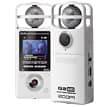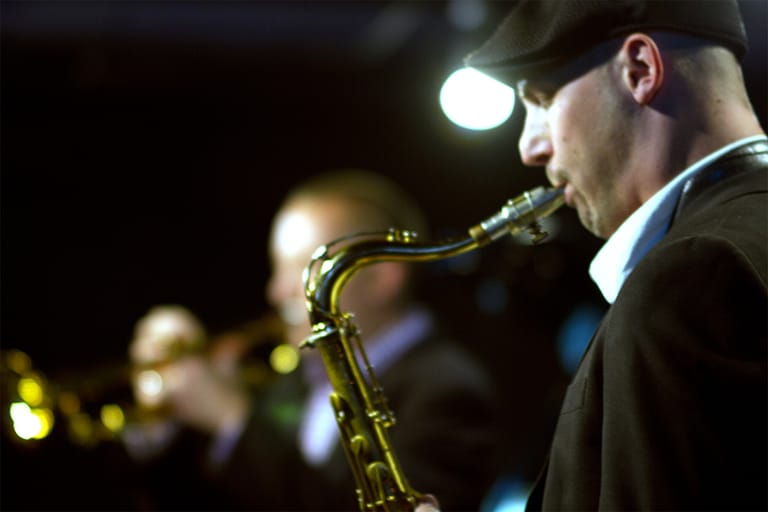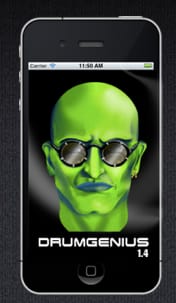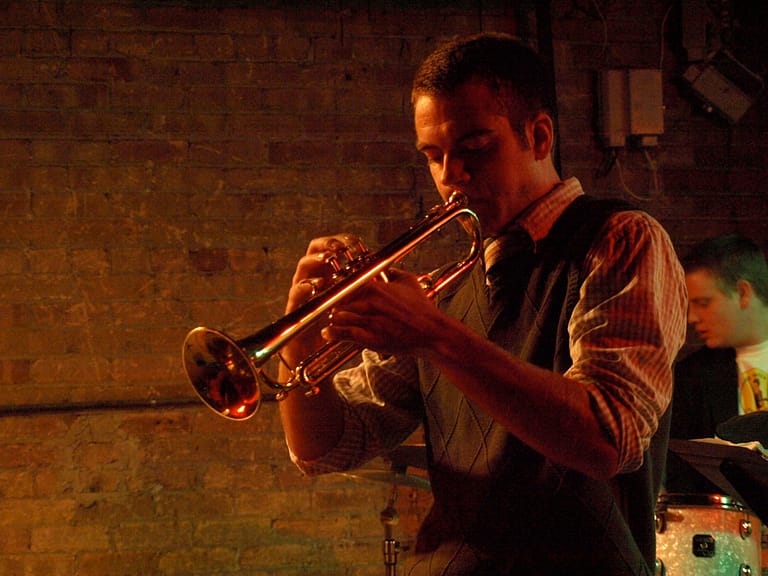Record Yourself
Welcome everyone! In today’s post I want to talk about recording yourself. You may be wondering, “why would I want to do that?” Keep reading and I’ll show you some benefits that come along with recording yourself. I truly hope this post will add value and benefit to you and your student’s playing. If this is your first time visiting this site, welcome and please feel free to have a look around. I would also like to invite you to check out my books (Targeting: Improvisation With Purpose and Breaking the Monotony) at my Digital Store.
Do you ever have moments when you feel like things are going great in the practice room, yet when you get the bandstand things just are not working out? There could be a number of reasons that happens. However, unless you make a habit of recording yourself you might be attempting to fix the wrong issues.
When should you record yourself? The answer is anytime you’re playing! Record yourself practicing, rehearsing with the band and on the gig. Take note of everything that went well, what didn’t go well and what you need to fix. You don’t have to be hyper-critical over everything (let’s face it…NO ONE is or plays perfect), but take an honest assessment of where you were at in that moment in time. Recordings don’t lie and give you instant feedback. Anything that can make a recording will work. In today’s smart phone technology, most phones have a recording memo device that will suffice for most self-recording needs. There are options from very affordable to pretty expensive.
What are some things to listen for in a recording? Here’s a few below:
- Ideas. From an improvisation standpoint did your ideas (lines, phrases, etc) make sense? Did they flow in a conversational way or did they wander? You might even find that you were grasping at an idea in the moment, but never quite got it right. Figure out what that was and work that idea out.
- Technical Issues. Tone, articulation, flexibility, etc. Often times what we hear in our head or behind our instrument is not at all what comes out the other end. Again, recordings don’t lie. If you hear technical errors you now know what can be worked on during your next practice session.
- Communication. This is more for recording yourself on the gig. How was your interaction with the other musicians on the stage? Where you having a one-way dialogue or were you a musical conversation with your band mates? I think there’s a time and place for both, but the recording will show you if it was at the right time or not.
I know it can be tough to listen to yourself on a recording. It is a sobering experience. However, if you practice what needs to fixed you will progress faster as a musician. I suggest you start recording yourself if you haven’t already. What are your thoughts? Do you record yourself? If so, what are some insights you have learned from doing it? Finally, take the average of your recordings. You’re never as good as your best recording, but you’re never as bad as your worst.







Thank you Jason.
It’s exactly what I’m working on at the moment – making my improv ideas thematic rather than wandering.
My Zoom Q3 (non HD) has just broken so I’m very interested in your review of Zoom Q2HD vs Zoom Q3 HD. I really only do audio, so have no need for video.
Hey Amelia-thanks for the response! I don’t think people record themselves enough. I’ll let you know how the Q2HD turns out. Christmas is just around the corner so hopefully I can let you know soon 🙂